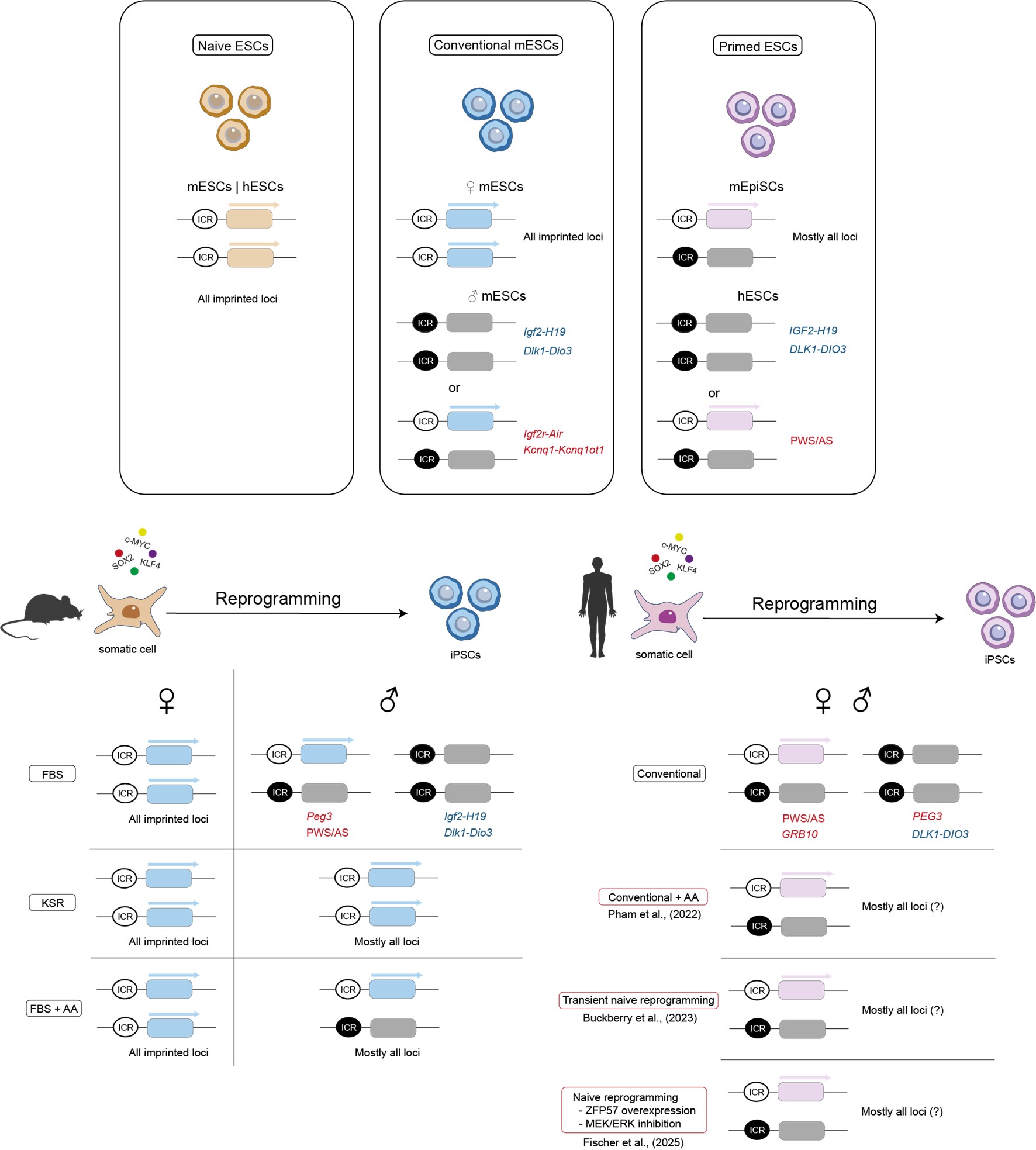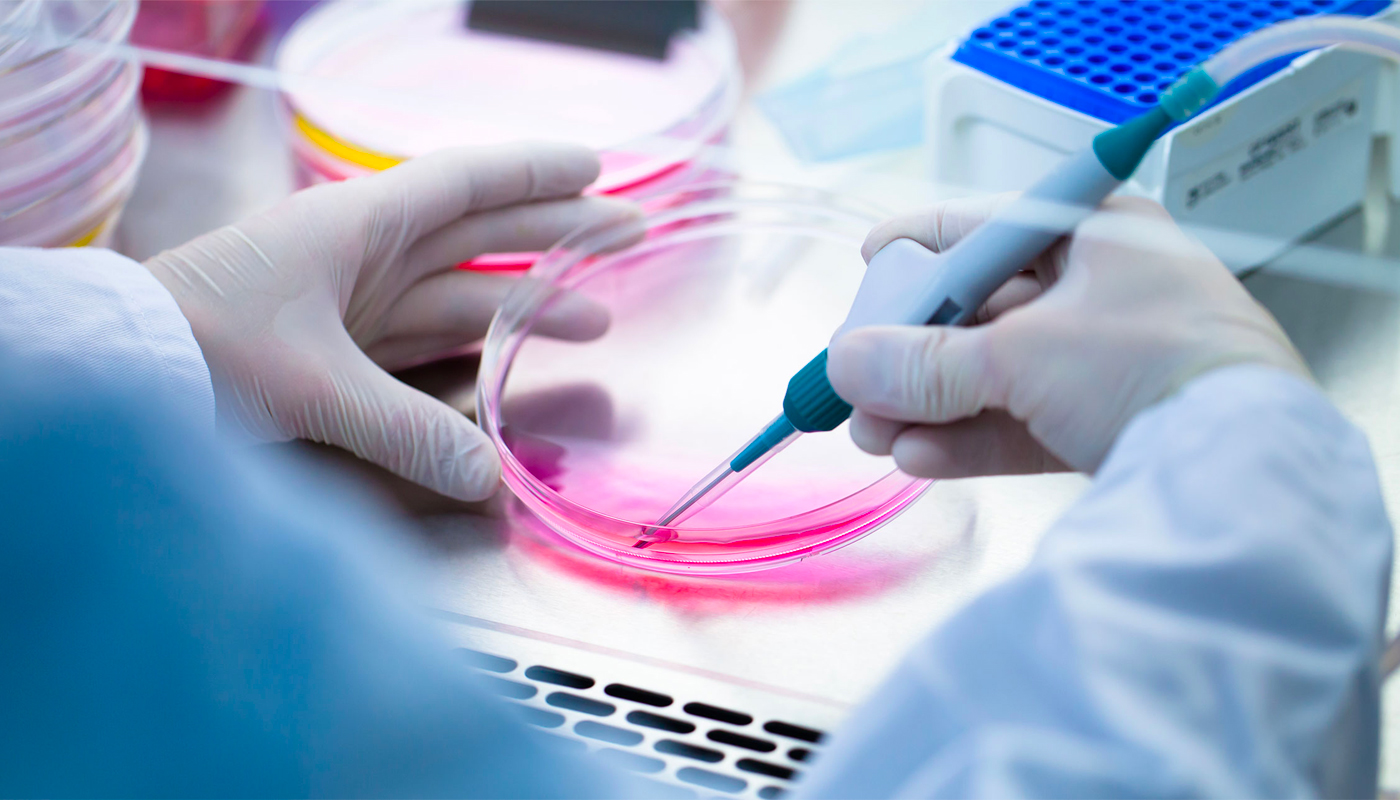Why are imprints unstable in pluripotent stem cells?

In this mini review published in Biochemical Society Transations journal by Maria Arez and Simão T. da Rocha they discuss why imprints are unstable in pluripotent stem cells, with a focus on mouse and human embryonic and induced pluripotent stem cells (ESCs and iPSCs).
Pluripotent stem cells (PSCs) possess the remarkable ability to self-renew and differentiate into nearly any cell type, making them invaluable for both research and therapeutic applications. Despite these powerful attributes, PSCs are vulnerable to genetic and epigenetic instabilities that can undermine their reliability and safety. This review focus on the most recurrent epigenetic defects in PSCs which are errors in genomic imprinting — a process that governs parent-of-origin-specific monoallelic expression of certain genes through differential marking of the two parental alleles by DNA methylation. In PSCs, once imprinting errors arise, they remain throughout cellular differentiation, casting uncertainty over the use of PSC-derived cells for disease modelling and regenerative medicine. This review, provides an overview of imprinting defects in both mouse and human PSCs, delving into their origins and consequences. It also discusses potential correction strategies that aim to enhance imprinting stability, ultimately paving the way for safer, more reliable PSC use in research and clinical applications. See more.
